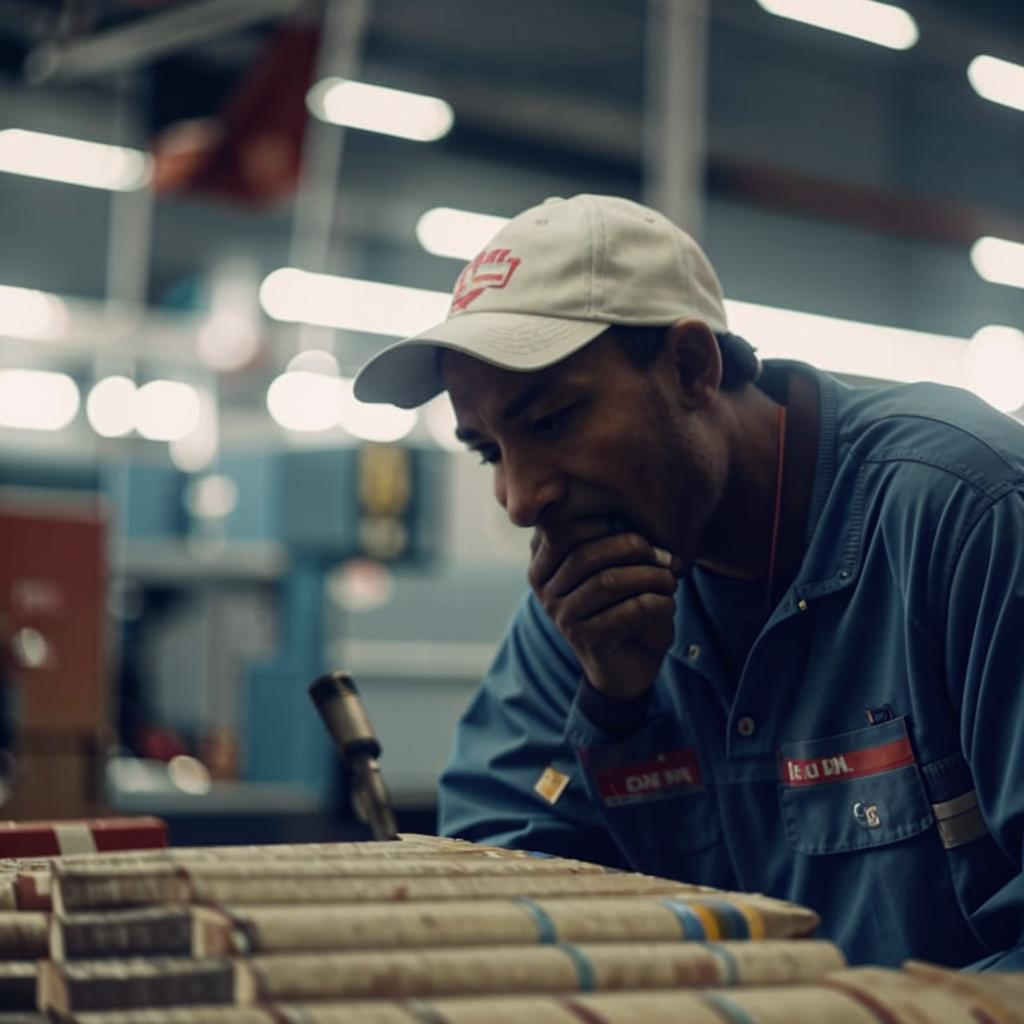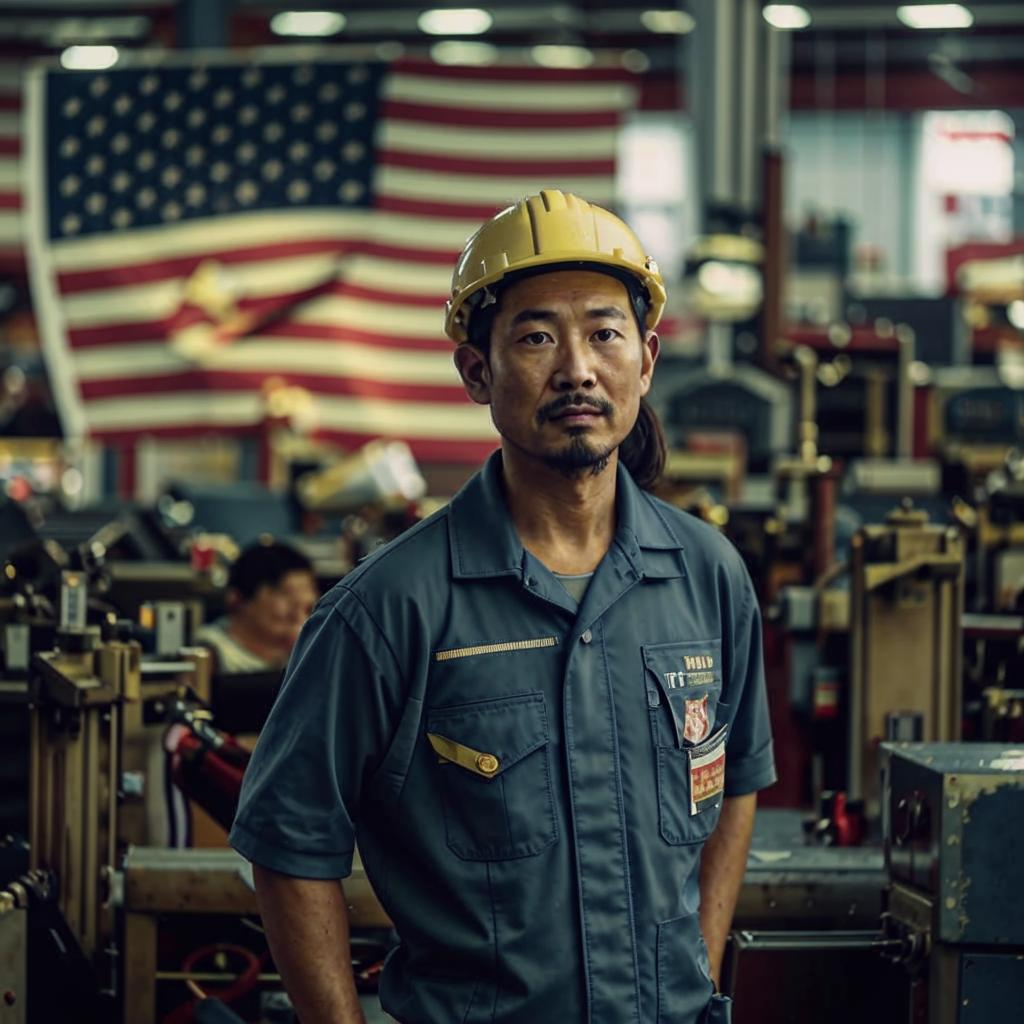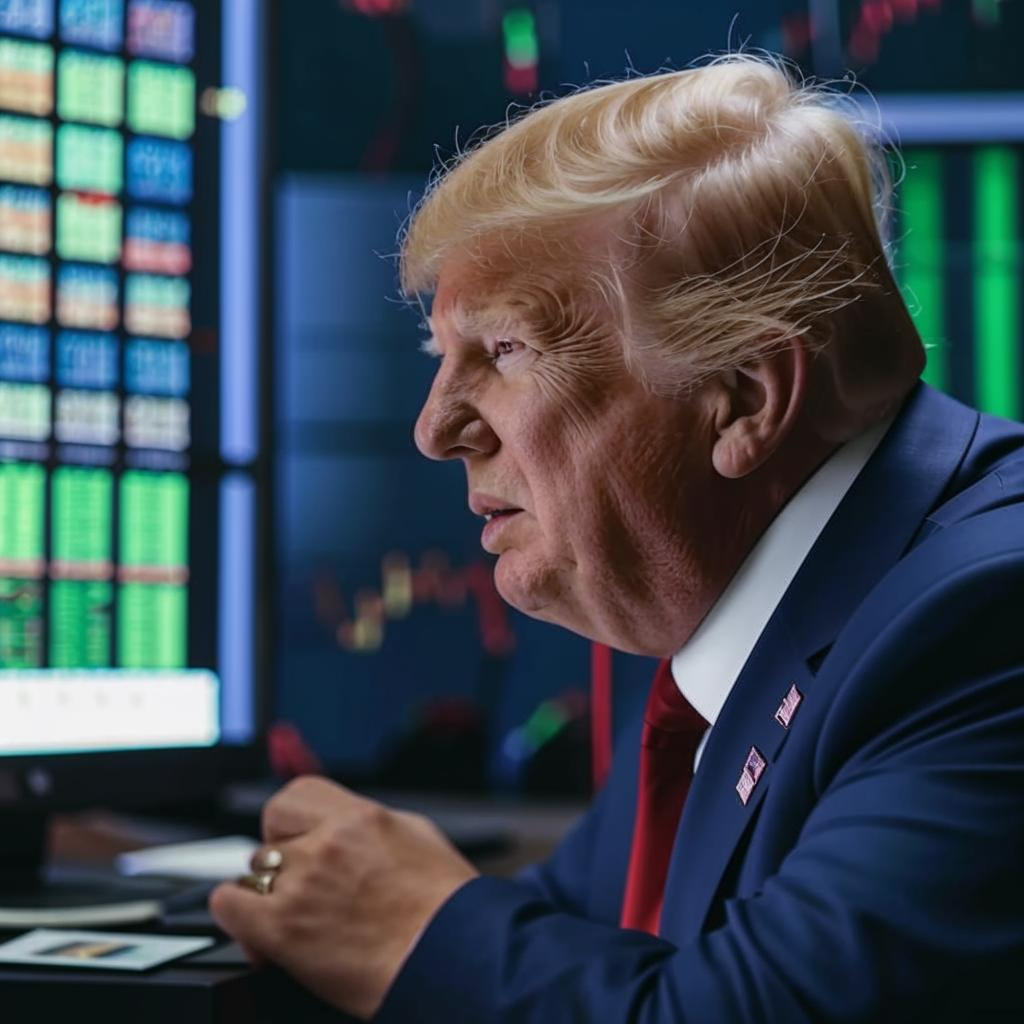China has responded skeptically to recent overtures from the Trump administration regarding trade negotiations, signaling a continued atmosphere of mistrust between the two economic superpowers. Despite attempts to portray a willingness to de-escalate the trade war, Beijing insists that any further discussions must be conducted on an equal footing, a condition that reflects deep-seated concerns about perceived imbalances and unfair treatment.
Chinese officials have expressed doubts about the sincerity of the US’s softened stance, citing previous instances where agreements were seemingly reached only to be undermined by sudden policy shifts or renewed tariff threats. This history of inconsistency has eroded trust and made China wary of accepting any proposals at face value. The demand for equal footing underscores China’s determination to be treated as a peer in trade negotiations, rather than being subjected to unilateral demands. This position highlights the complexities of resolving the trade dispute and the challenges in building a foundation of mutual respect and understanding.
Analysts suggest that China’s reluctance to fully embrace the olive branch stems from a combination of economic and political factors. The trade war has already inflicted damage on both economies, but China is also wary of appearing to capitulate to US pressure, particularly in light of domestic political considerations. Moving forward, a significant shift in approach and a demonstration of good faith from both sides will be necessary to break the current impasse and pave the way for meaningful progress. The path to trade resolution remains fraught with uncertainty and requires a commitment to equitable dialogue.












